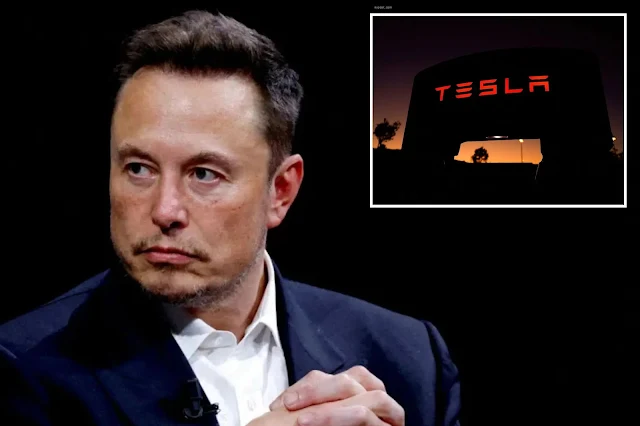Tesla has implemented a significant change to its corporate bylaws, effectively preventing shareholders owning less than 3% of the company from initiating derivative lawsuits against its directors or officers. This move, enabled by a new Texas law, raises the threshold for such legal actions, potentially shielding the company from future shareholder litigation. The amendment follows a Delaware court's decision to void CEO Elon Musk's $56 billion pay package, a ruling that has prompted Tesla to reconsider its corporate governance strategies. As the company navigates these legal and structural changes, the implications for shareholder rights and executive accountability remain a topic of intense discussion.
Tesla Implements 3% Ownership Rule for Shareholder Lawsuits
In a strategic move to limit shareholder litigation, Tesla has amended its corporate bylaws to require shareholders to own at least 3% of the company's stock to initiate derivative lawsuits against its directors or officers. This change, disclosed in a recent filing with the U.S. Securities and Exchange Commission, significantly raises the bar for shareholders seeking legal recourse for alleged breaches of fiduciary duty. Given Tesla's current market valuation, this threshold equates to approximately 97 million shares, valued at around $34 billion.
The amendment aligns with a new Texas law, signed by Governor Greg Abbott, which permits companies to set such thresholds to curb what is described as "abusive shareholder litigation." Tesla's decision to reincorporate in Texas earlier this year has facilitated the adoption of this provision. Critics argue that this move could undermine shareholder rights and reduce corporate accountability, while proponents believe it will protect companies from frivolous lawsuits.
Context: Musk's $56 Billion Pay Package Under Scrutiny
The bylaw change comes in the wake of a 2018 lawsuit filed by shareholder Richard Tornetta, who owned just nine shares of Tesla stock. Tornetta challenged the fairness of CEO Elon Musk's $56 billion compensation package, alleging that the board failed to act in the best interests of shareholders. A Delaware judge ultimately voided the pay package, citing concerns over the board's independence and the negotiation process. Musk is currently appealing the decision.
In response to the court's ruling, Tesla's board has formed a special committee to reassess Musk's compensation. The committee, comprising Chair Robyn Denholm and director Kathleen Wilson-Thompson, is exploring alternative compensation structures tied to future performance metrics. Discussions are ongoing, with the board aiming to design a new stock option package that aligns with Tesla's strategic goals and addresses shareholder concerns.
These developments reflect Tesla's efforts to navigate complex legal challenges while maintaining executive leadership and pursuing its long-term vision. The company's approach to corporate governance and shareholder engagement will likely continue to evolve in response to these dynamics.
In conclusion, Tesla's recent bylaw amendment represents a significant shift in its approach to shareholder litigation, potentially limiting the ability of small investors to challenge executive decisions through the courts. While the company argues that this move will protect against frivolous lawsuits, critics express concern over reduced corporate accountability. As Tesla continues to navigate the legal complexities surrounding CEO Elon Musk's compensation and broader governance issues, the balance between protecting corporate interests and ensuring shareholder rights remains a critical point of discussion. The outcomes of these developments will likely have lasting implications for Tesla's corporate structure and investor relations.
Frequently Asked Questions:
Q: What is the new shareholder lawsuit threshold implemented by Tesla?
A: Tesla now requires shareholders to own at least 3% of the company's stock to initiate derivative lawsuits against its directors or officers.
Q: Why did Tesla make this change to its bylaws?
A: The change aims to limit what the company views as frivolous or abusive shareholder litigation, aligning with a new Texas law that permits such thresholds.
Q: How does this affect small shareholders?
A: Shareholders owning less than 3% of Tesla's stock are now barred from filing derivative lawsuits, potentially reducing their ability to hold executives accountable through legal means.
Q: What prompted the scrutiny of Elon Musk's compensation package?
A: A 2018 lawsuit filed by a shareholder challenged the fairness of Musk's $56 billion pay package, leading to a Delaware court ruling that voided the compensation due to concerns over board independence and negotiation processes.
Q: What steps is Tesla taking in response to the court's decision on Musk's pay?
A: Tesla's board has formed a special committee to reassess Musk's compensation, exploring alternative structures tied to future performance metrics.






0 Comments